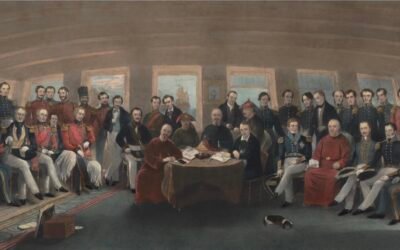An international webinar warns that Taiwan’s statements for peace would remain empty words without a just solution to the Tai Ji Men case.
by Daniela Bovolenta
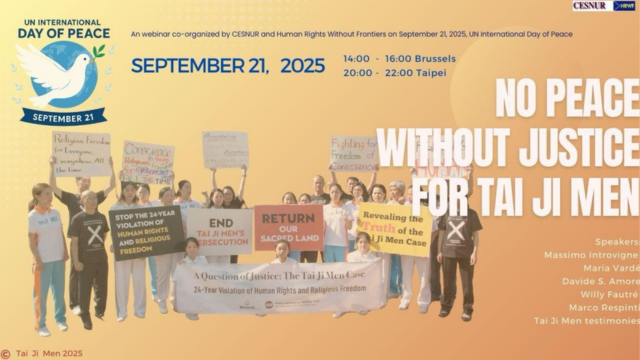
On September 21, 2025, the United Nations International Day of Peace, CESNUR and Human Rights Without Frontiers co-organized a webinar titled “No Peace Without Justice for Tai Ji Men.” The event was introduced by Massimo Introvigne, an Italian sociologist and the editor-in-chief of “Bitter Winter,” who framed the theme through the lens of German philosopher Jürgen Habermas. Drawing from Habermas’s writings on communicative rationality and global governance, Introvigne argued that peace is not a precondition for justice—it is its consequence. Institutions that fail to uphold dignity, truth, and fairness cannot credibly advocate for peace. In Taiwan, the unresolved persecution of Tai Ji Men represents a contradiction that undermines the nation’s democratic maturity.
Introvigne emphasized that peace must be rooted in justice, not imposed through silence or compromise. He warned against prioritizing harmony over truth, noting that such appeasement only deepens injustice. Tai Ji Men, he said, has consistently promoted peace through cultural diplomacy, international engagement, and the symbolic ringing of the Bell of World Peace and Love. Yet at home, it remains the target of bureaucratic obstruction and institutional discrimination. The Tai Ji Men case, Introvigne concluded, is not merely a legal anomaly—it is a moral test for Taiwan’s commitment to justice.
Introvigne then introduced a video where United Nations Secretary General António Guterres powerfully denounced the cruelty and degradation of the current wars, and presented the first two speakers: María Vardé, a lecturer and PhD candidate at the University of Buenos Aires, and Davide S. Amore, an Italian historian who serves as imam of his local mosque.
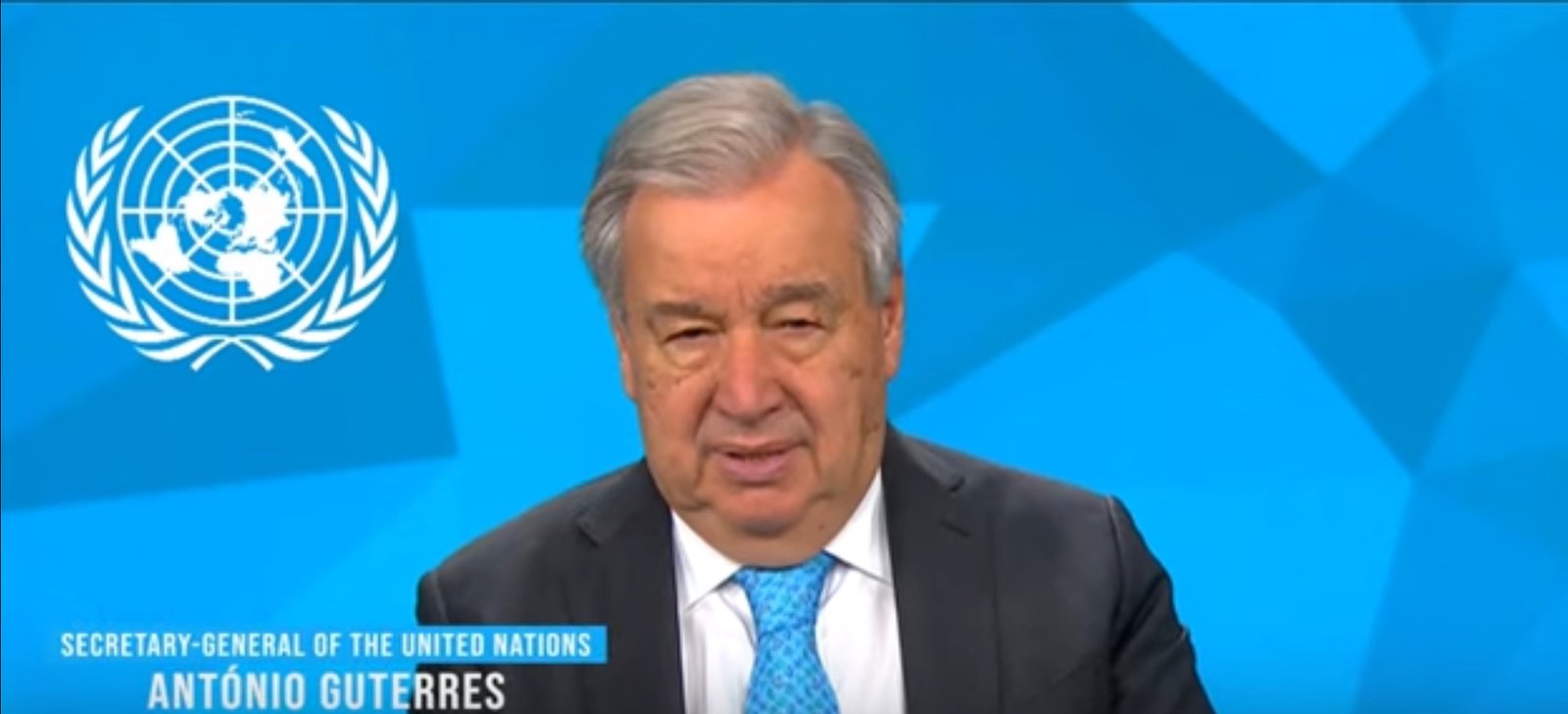
Vardé explored Tai Ji Men’s alignment with Johan Galtung’s concept of “positive peace,” which emphasizes justice, harmony, and human flourishing. She described Tai Ji Men as a living laboratory of peace-building, where physical discipline and inner cultivation merge with cultural expression and civic engagement. Through music, dance, and interfaith dialogue, the movement fosters a “kung fu of the heart” that transforms conscience into action.
Vardé also recounted the persecution Tai Ji Men faced in 1996, when its leader, his wife, and two disciples were detained under false accusations. Despite a definitive acquittal by Taiwan’s Supreme Court in 2007, the group continues to suffer from the consequences of a fabricated tax bill. Vardé argued that peace is not merely the absence of violence but the presence of justice, fairness, and dignity. She called for a deeper understanding of peace as a cultural and ethical practice, one that begins within and radiates outward. She concluded that Tai Ji Men’s resilience is a testament to the power of conscience-led activism.
Amore turned to Ibn Khaldun, the 14th-century Muslim philosopher, to frame the Tai Ji Men case as a textbook example of systemic injustice. He explained Khaldun’s concept of ʿasabiyya—social cohesion—and warned that arbitrary taxation and abuse of authority erode trust and fracture society. Injustice, Amore said, is not just morally wrong but sociologically corrosive. He traced the history of the Tai Ji Men case, from its politically motivated origins in 1996 to the Supreme Court’s acquittal in 2007, and the continued harassment by Taiwan’s tax authorities.
Amore argued that the persistence of injustice in the face of legal exoneration reflects a deeper institutional failure. The unlawful seizure, auctioning, and nationalization of Tai Ji Men’s sacred land, he said, is not merely a bureaucratic error—it is an assault on dignity and freedom. From Khaldun’s warnings, Amore concluded peace cannot coexist with injustice. He called on Taiwan to restore justice for Tai Ji Men and the integrity of its democratic institutions. Without justice, he warned, peace remains a hollow promise.
The second session was chaired by Willy Fautré, co-founder and director of Human Rights Without Frontiers, who introduced another video recalling how four Presidents of Taiwan hailed Tai Ji Men’s contribution to society.
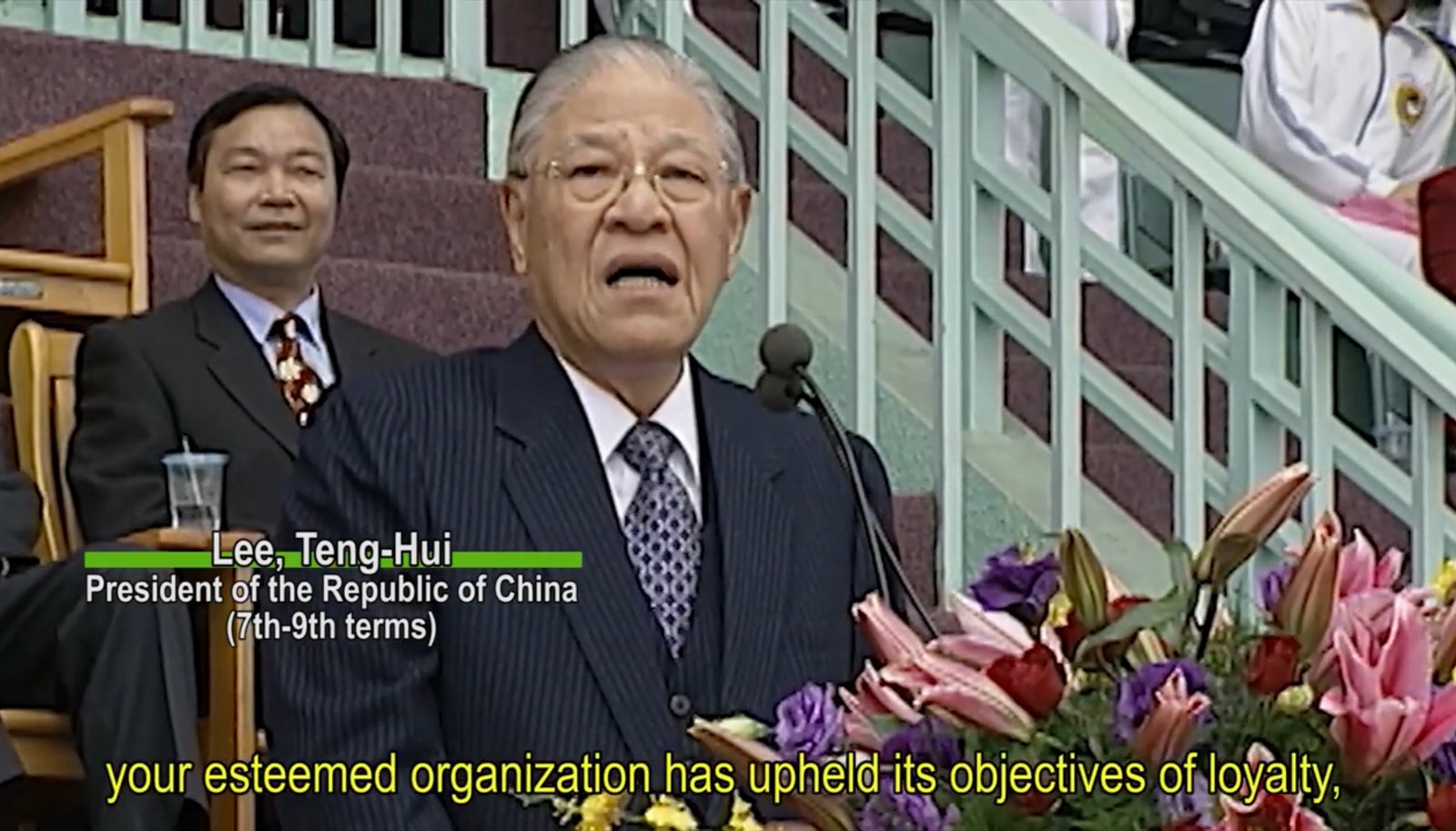
In his introduction to the session, Fautré warned that if Taiwan’s authorities fail to deliver justice to peaceful groups like Tai Ji Men, less peaceful actors may resort to violence. He traced the origins of the case to rogue prosecutor Hou Kuan-Jen, whose abuses were acknowledged by Taiwan’s Control Yuan but never prosecuted. Fautré called for deep reforms in Taiwan’s legislative, judicial, and administrative systems, arguing that justice is the only safeguard against unrest.
Fautré emphasized that peace enforced through coercion is brittle and unsustainable. True peace, he said, arises from legitimacy, which depends on justice. He outlined the structural failures in Taiwan’s tax administration and warned that impunity for officials like Hou Kuan-Jen undermines public trust. Tai Ji Men, he noted, has responded to persecution with nonviolence and civic engagement, becoming a stabilizing force in society. But without systemic reform, the seeds of unrest may take root elsewhere. Justice, Fautré concluded, is not optional—it is the foundation of peace.
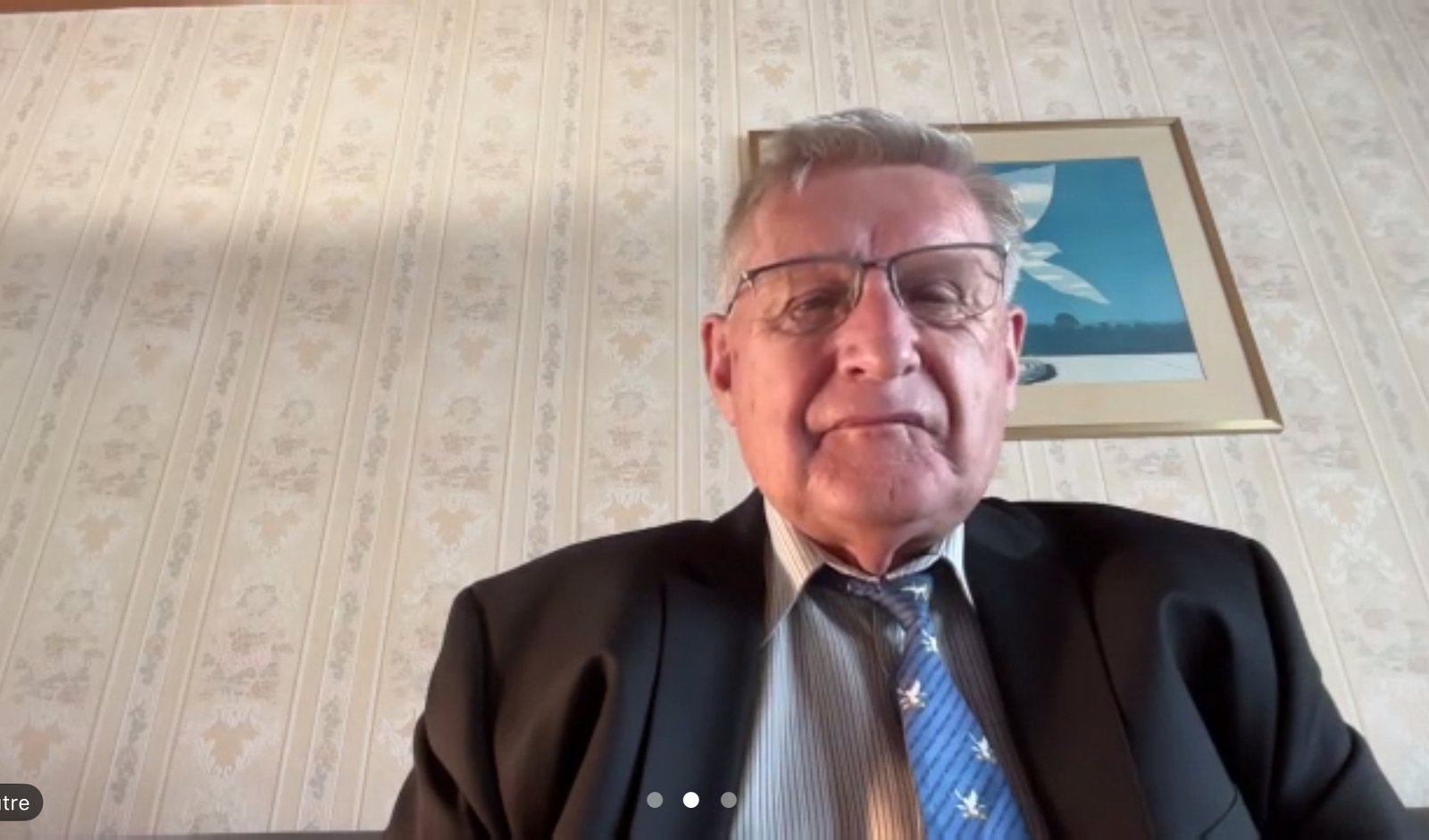
Five Tai Ji Men dizi (disciples) then offered personal testimonies. University student Sandy Ho described growing up in Tai Ji Men as a journey of courage and conscience. From practicing the Mighty Drums Formation to participating in international peace events, she learned to transform fear into growth and cultivate empathy through action. Her 2023 experience at the Parliament of the World’s Religions in Chicago, where she performed as a peacock and an angel, underscored the power of symbolic gestures to transcend language and culture.
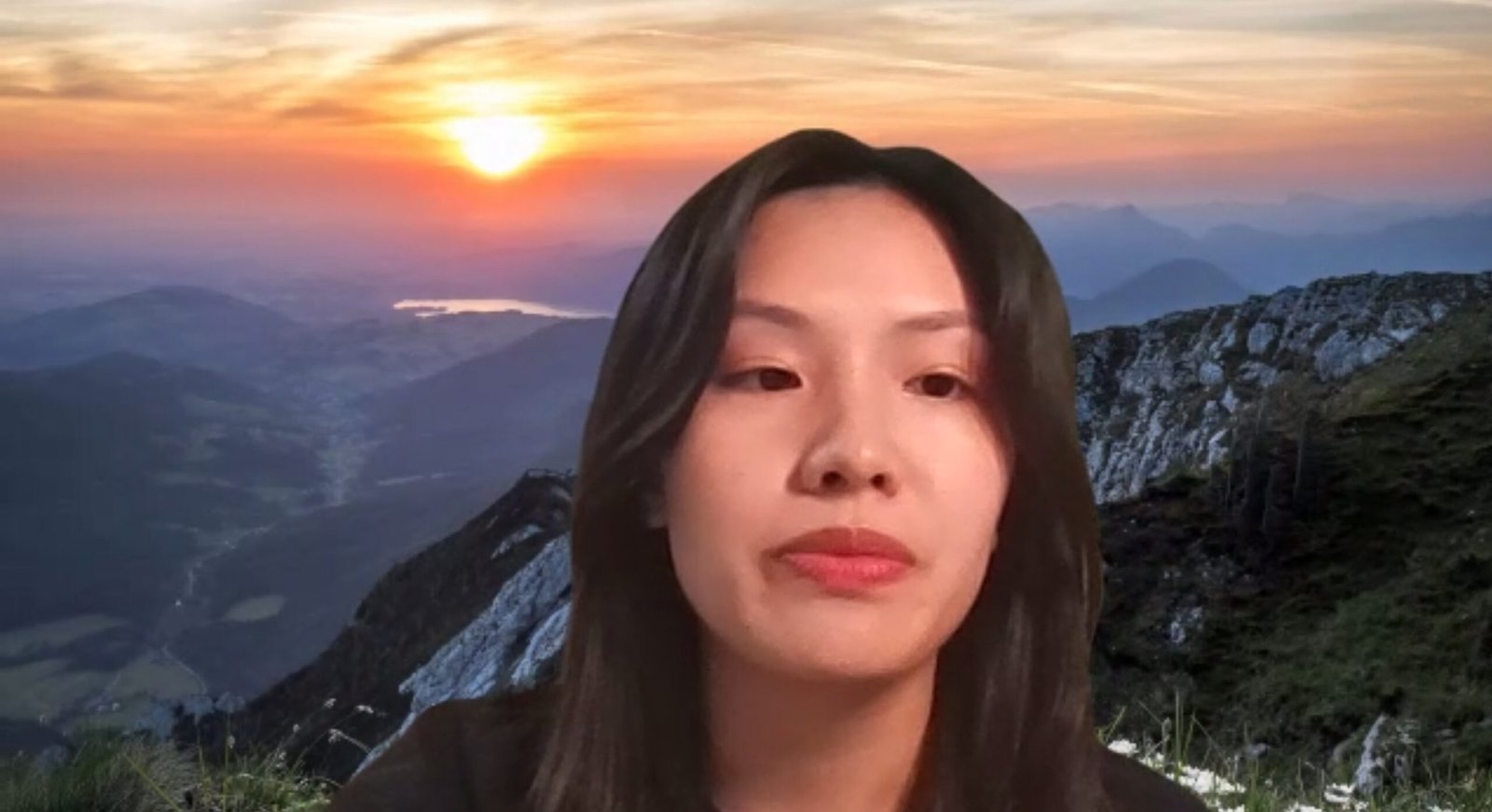
Ho also recounted the impact of Tai Ji Men’s persecution on her community. Despite the Supreme Court’s acquittal, the fabricated tax bill eventually led to the nationalization of sacred land and ongoing discrimination. She emphasized that peace is not merely the absence of war but the presence of justice, fairness, and dignity. Echoing SDG (Sustainable Development Goal) 16, she called on Taiwan’s government to correct its mistakes and uphold human rights. “Let conscience guide our actions,” she said, “and let peace begin from the heart.”
Homemaker Ann Chen shared her story of overcoming postpartum depression and financial hardship through the inner strength cultivated at Tai Ji Men. She described how qigong practice helped her manage emotional turmoil and find balance in motherhood. When her husband was laid off before Lunar New Year, she faced the crisis with calm and resilience, drawing strength from the teachings of her Shifu (Grand Master) and the support of the Tai Ji Men family.
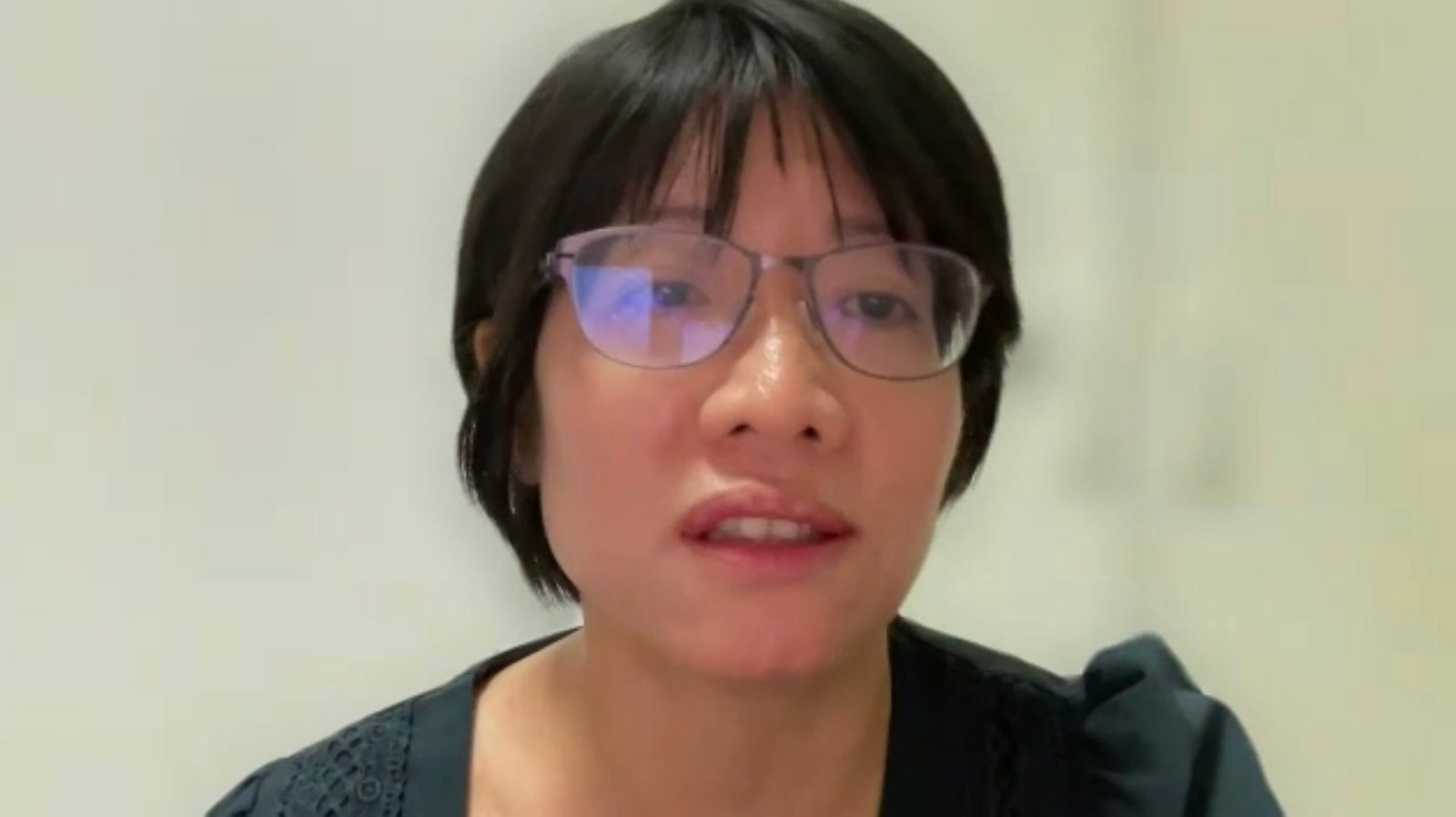
Chen also spoke of her volunteer work with the Alliance for Tax Reform, distributing leaflets to raise awareness about legal and tax justice. She emphasized that peace begins with inner stability and extends to social engagement. Despite the stigma surrounding Tai Ji Men, she found the courage to share her story and advocate for reform. “True peace,” she said, “is the ability to maintain hope and dignity in the face of adversity.”
University student Ethan Gao highlighted Tai Ji Men’s global peace efforts, including the ringing of the Bell of World Peace and Love by world leaders. He recounted how figures like President Menezes of São Tomé and Príncipe and President Wade of Senegal translated their peace wishes into political action. Gao argued that Tai Ji Men’s cultural diplomacy has had a tangible impact, echoing the UN’s call to “Act Now for a Peaceful World.”
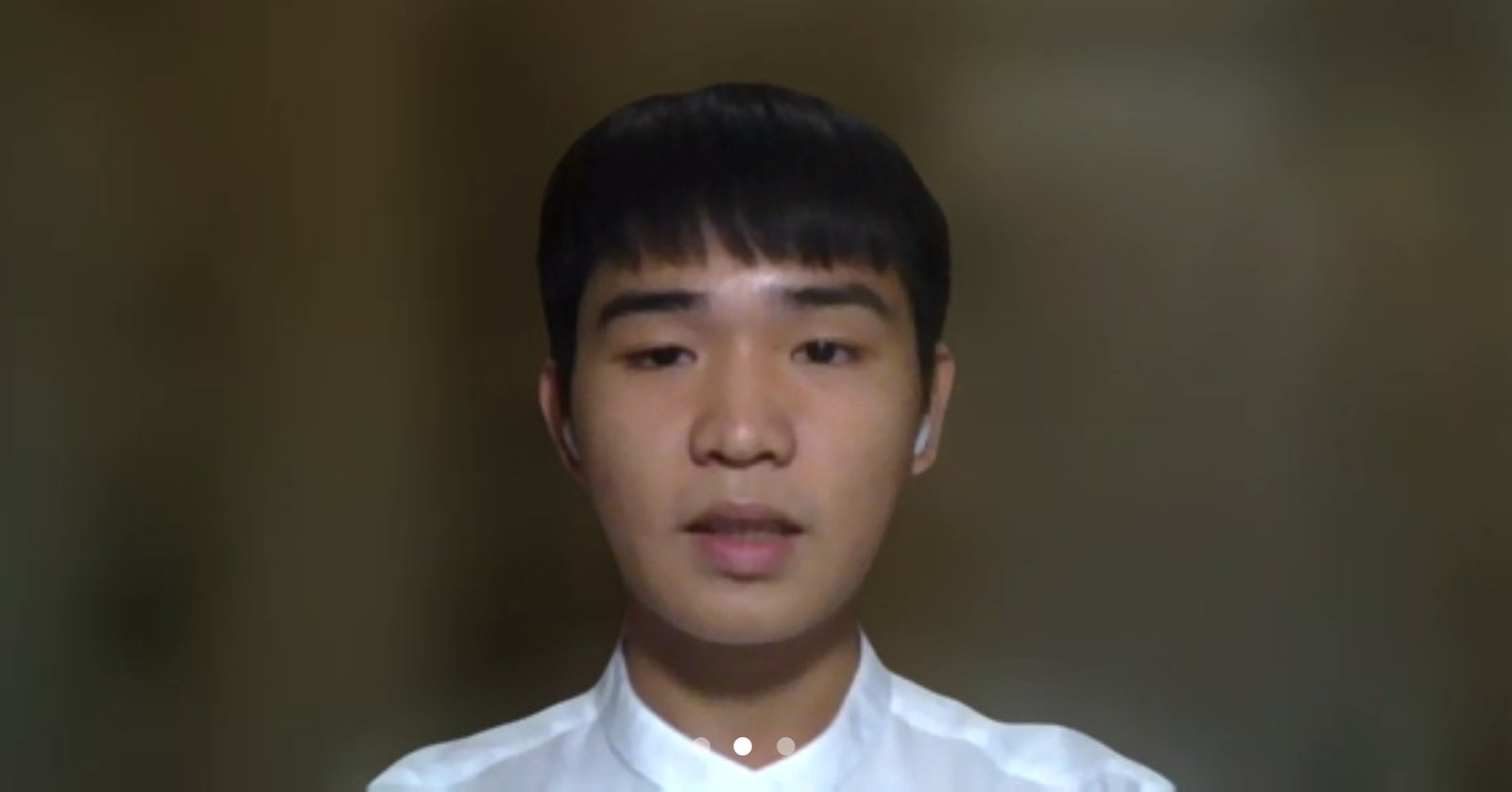
Gao also warned against superficial peace that masks injustice. He called on Taiwan’s government to redress the Tai Ji Men case and uphold the ideals of conscience and human rights. Drawing from Dr. Hong’s “Movement of an Era of Conscience,” he urged global citizens to unite in action. “Peace,” he said, “is not just the absence of war—it is the presence of justice, equality, and dignity.”
Logistics specialist Jammi Yeh reflected on her transformation from a shy child to a confident professional, crediting Tai Ji Men’s teachings for her success and interpersonal skills. She described how practicing qigong helped her manage workplace stress and build harmonious relationships. Her story of overcoming asthma and social anxiety illustrated the healing power of inner cultivation.
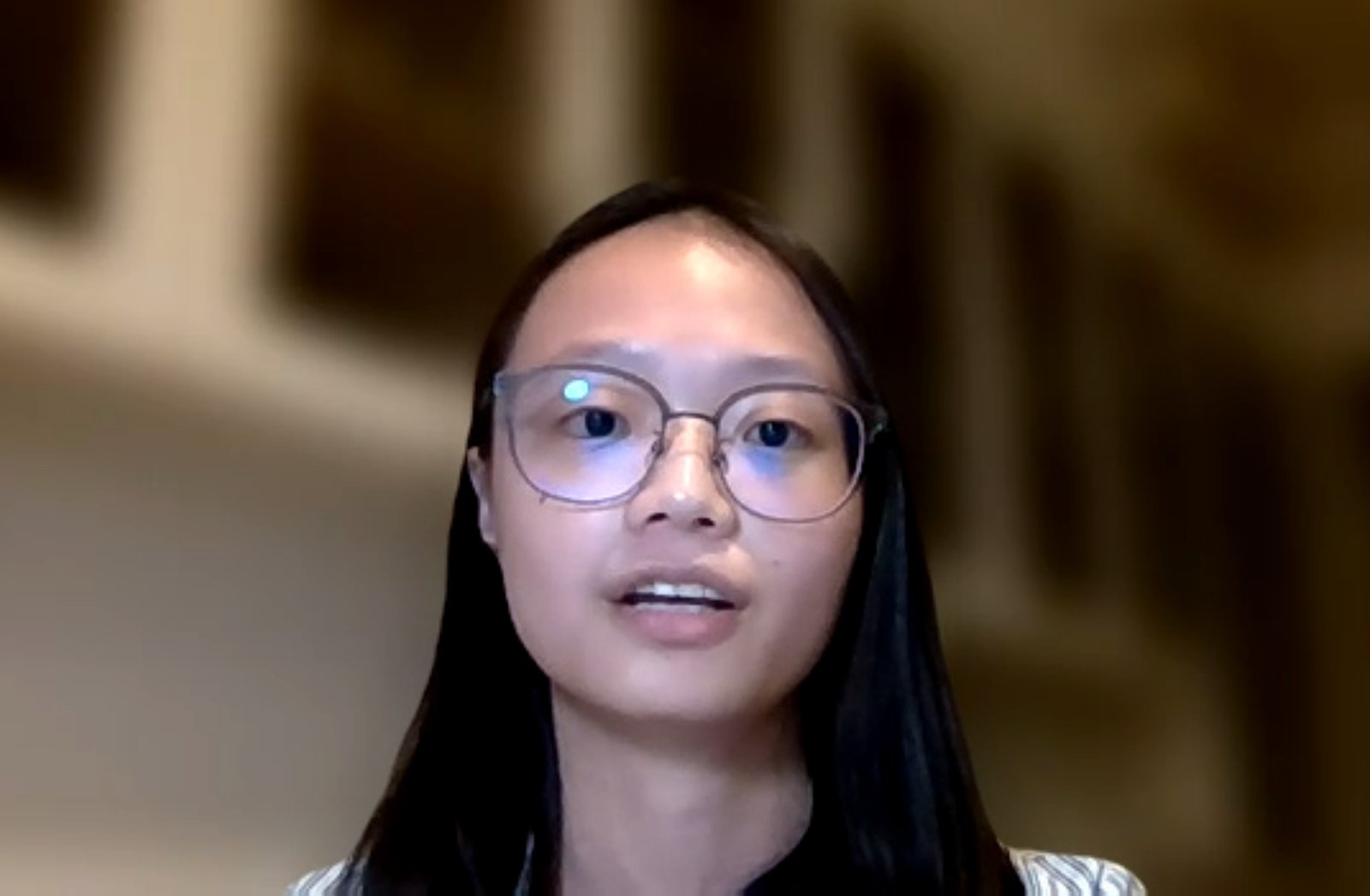
Yeh also recounted her initial hesitation in sharing her Tai Ji Men experience due to media defamation. But when she finally opened up, she was met with curiosity and support. She emphasized that peace begins with understanding and dialogue, and that even small acts can ripple outward. “Conscience,” she said, “illuminates peace.”
Cathy Wang, a section manager in the semiconductor industry, recounted her thirty-year journey with Tai Ji Men, from the trauma of media slander to professional excellence. She described how practicing qigong helped her navigate high-pressure environments and maintain balance. Her resilience, she said, was rooted in the teachings of her Shifu, Dr. Hong Tao-Tze, and the support of fellow dizi.
Wang also shared her recent experience traveling with Dr. Hong to the Caribbean, where cultural exchange and music touched hearts. She recounted a local guide’s story of ancestral suffering and the healing power of Tai Ji Men’s message. “If each of us follows our conscience,” she said, “we can build a world free from fear, suffering, and war.” She called for justice to be restored and the movement’s sacred land returned.
The webinar’s conclusion was delivered by Marco Respinti, director-in-charge of “Bitter Winter.” He invoked the biblical story of Cain and Abel to illustrate that the essence of human evil is injustice. Respinti warned against the seductive illusion of compromise, arguing that appeasement only deepens injustice. In the case of Tai Ji Men, he insisted, half justice is no justice—and only full redress can lead to real peace.
Respinti emphasized that peace is not a utopian dream but the reign of justice. He warned that accepting partial solutions preserves the status quo and emboldens aggressors. In international politics and domestic affairs alike, only total justice can secure lasting peace.
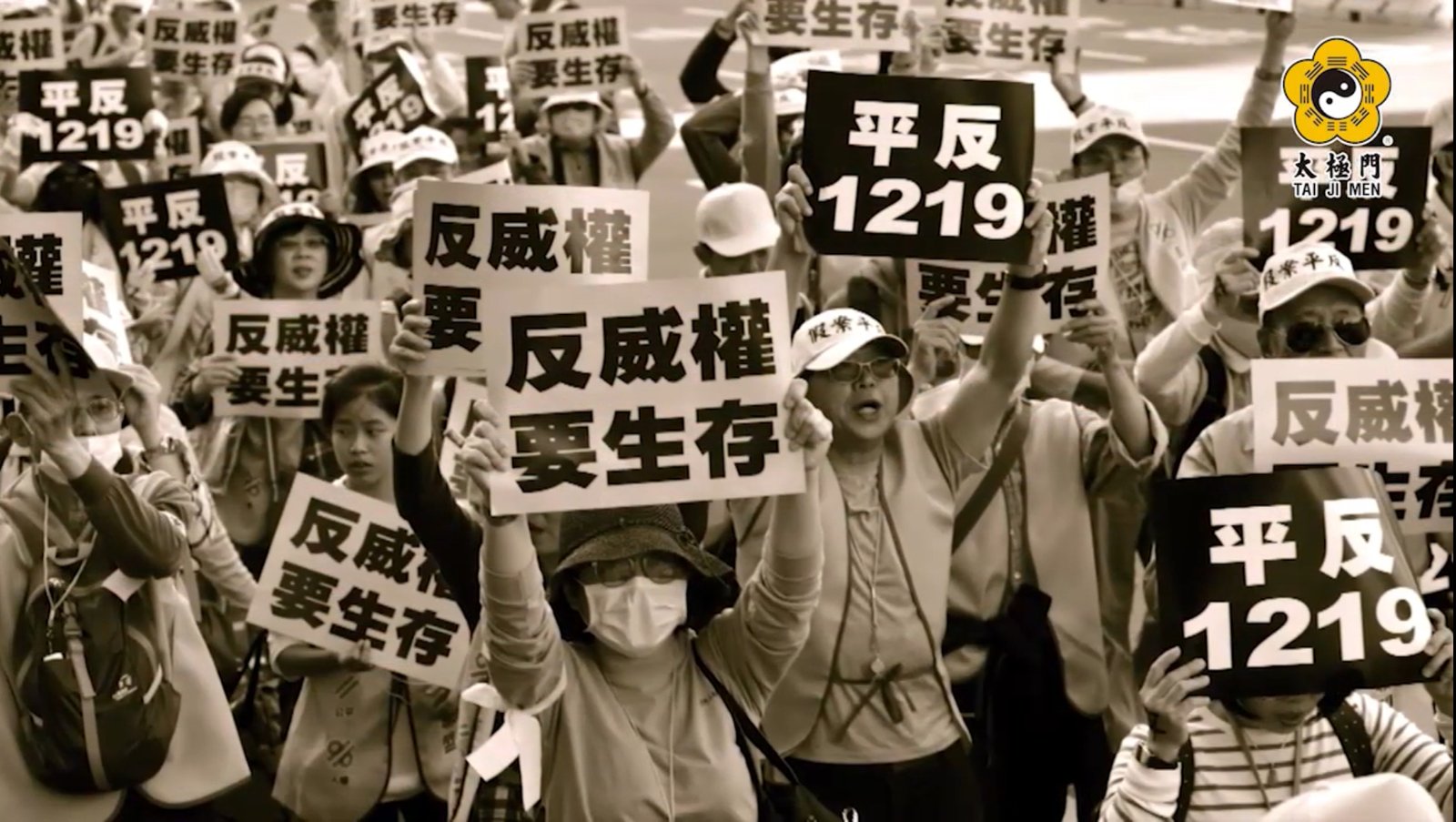
The webinar concluded with a musical video on Tai Ji Men’s campaign to affirm human rights and promoting a culture of love and peace, a fit comment to the values embodied by the International Day of Peace.


